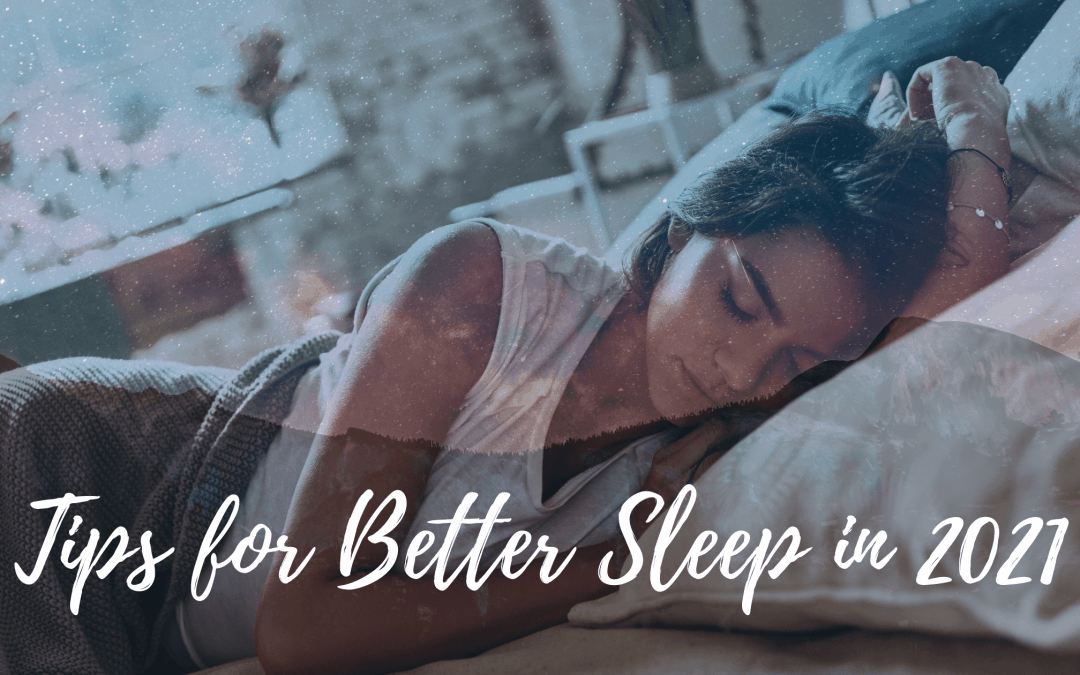Sleep is an essential biological function that is tied to our health and wellbeing. Adequate sleep provides the body with time to replenish which is needed for all of the body’s systems. It is crucial to get at least seven hours of sleep to maintain health and well-being. Various lifestyle factors such as caffeine consumption, alcohol intake, and irregular sleep patterns can negatively affect sleep efficiency and overall health. Getting enough sleep is essential for cognitive functions like learning and memory, and for the body’s critical repair processes. We have all experienced the effects of a bad night’s sleep: grogginess, fatigue, inability to focus, irritability, etc.
The National Sleep Foundation recommends 7 to 9 hours of sleep per night which millions of people are not meeting. 35% of adults sleep less than 7 hours and 50 to 70 million adults have a sleep disorder that prevents maintaining restful sleep. If you do not consistently experience enough quality sleep, there are useful ways you can intervene and change your relationship with sleep!
It is important to identify the totally doable ways that you can improve your sleep hygiene. What are the factors that are in your control? What are the behaviors you can change to enhance sleep? There are steps that you can practice on a daily basis to reshape your sleep habits and enrich the quality of sleep you experience including the following:
- Establish a Sleep Routine: sleeping and waking up at the same times each day encourages healthier sleep. Identifying and implementing a sleep schedule helps you receive a minimum of 7 hours of sleep per day. It also helps your circadian rhythm which is your body’s natural process that regulates the sleep-wake cycle. Your routine should be applied all days of the week including weekends!
- Create Comfortable Conditions: it is important to create the conditions that maximize quality sleep. You want to make sure that you are in the most comfortable environment that facilitates rest. This means having quality bedding, bed, pillows etc. It can also include other ways that produce calming conditions:
- Lighting: adjust your lighting to nighttime settings prior to going to bed which can signal the body to become sleepy.
- Sounds: there are various soundscapes that can be soothing and inspire rest. This includes white noise machines, apps that play calming sounds etc.
- Smells: aromatherapy is a useful way to promote healthy sleep. Diffusing essential oils (lavender for example) can have a calming effect.
Being intentional about your environment can really help you transition into easeful sleep.
- Avoid Screens before Bed: use of electronic devices while in bed can be a major disruption of sleep. Exposure to the light from screens often makes it more difficult to fall asleep. It is also easy to become distracted and stay on your phone for a much longer period of time. So be sure to avoid screens at least 30 minutes prior to sleeping. You can implement a “no phones in bed” rule and engage in alternative activities like reading prior to sleeping.
- Increase Physical Activity: incorporating exercise in daily life has multiple benefits. Increasing physical activity is great for physical health, boosting energy, processing stress, and can also improve sleep! There are numerous ways you can stay active that go beyond exercising in a gym which is not for everyone! Try to spend time outdoors, take walks, practice yoga etc.
- Use Sleep Accessories: like an eye mask and/or earplug which reduces your exposure to light and noise. Light and noise are major ways that sleep can be delayed and/or interrupted. Investing in these accessories can really help minimize the impact of these external factors and help you maintain restful sleep throughout the night.
If you experience any symptoms that impact your sleep, it is important to be evaluated by your doctor. Part of sleep hygiene is addressing any barriers that prevent you from initiating and/or maintaining sleep. Experiencing symptoms like snoring, frequently disrupted sleep, gasping for air, waking up out of breath etc. may be associated with common sleep disorders like insomnia and sleep apnea, or be related to an underlying medical condition that needs to be identified and treated.
In addition to addressing symptoms, the key to getting better sleep is focusing on the daily actions you can commit to. Practicing these steps significantly helps build a routine and healthy habits that promote sleep. This shifts behavior which is critical for long-lasting and impactful change that helps you experience quality sleep!
If you have been struggling with getting a good night’s sleep, contact us today. We provide sleep services that can help you get the best rest.

